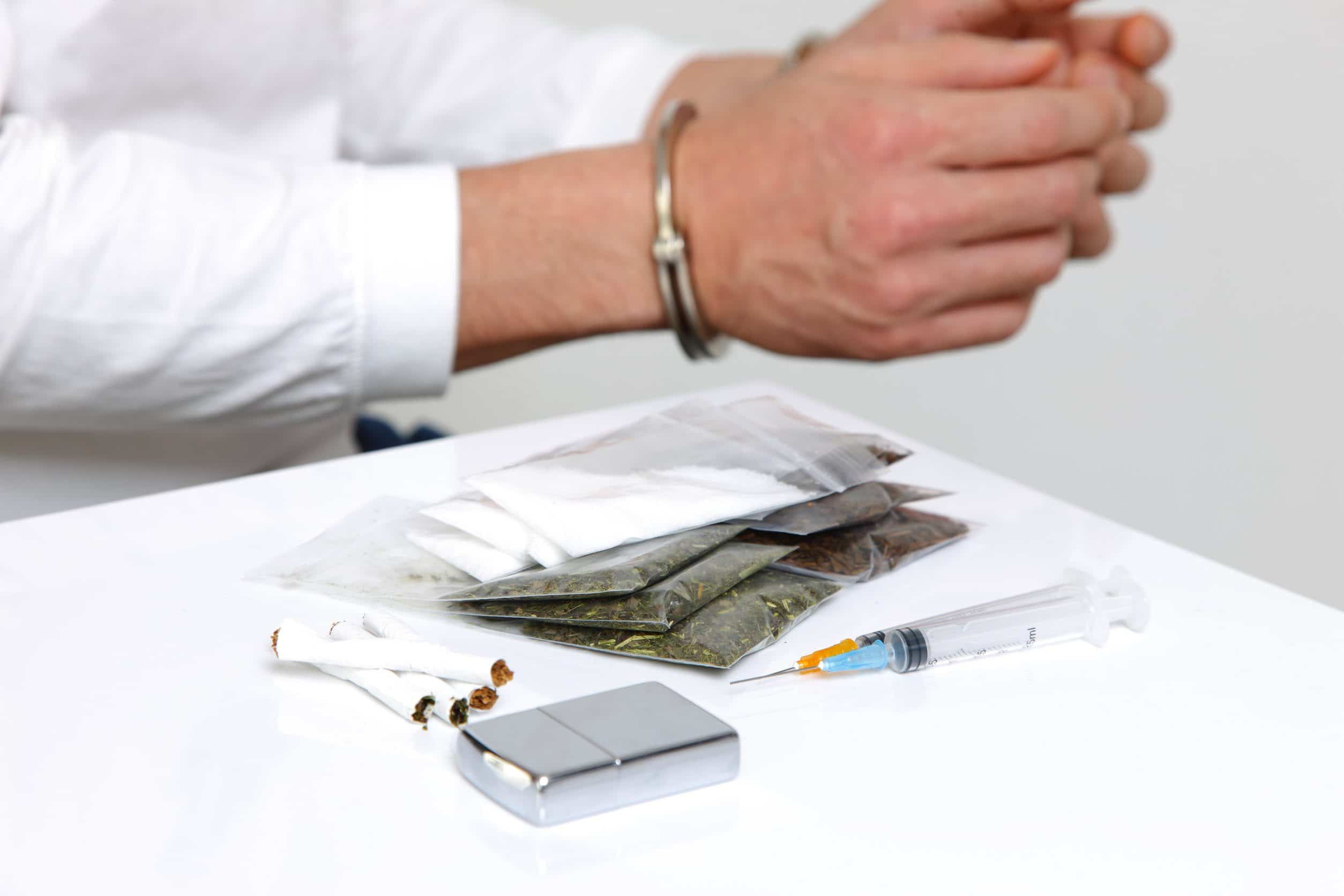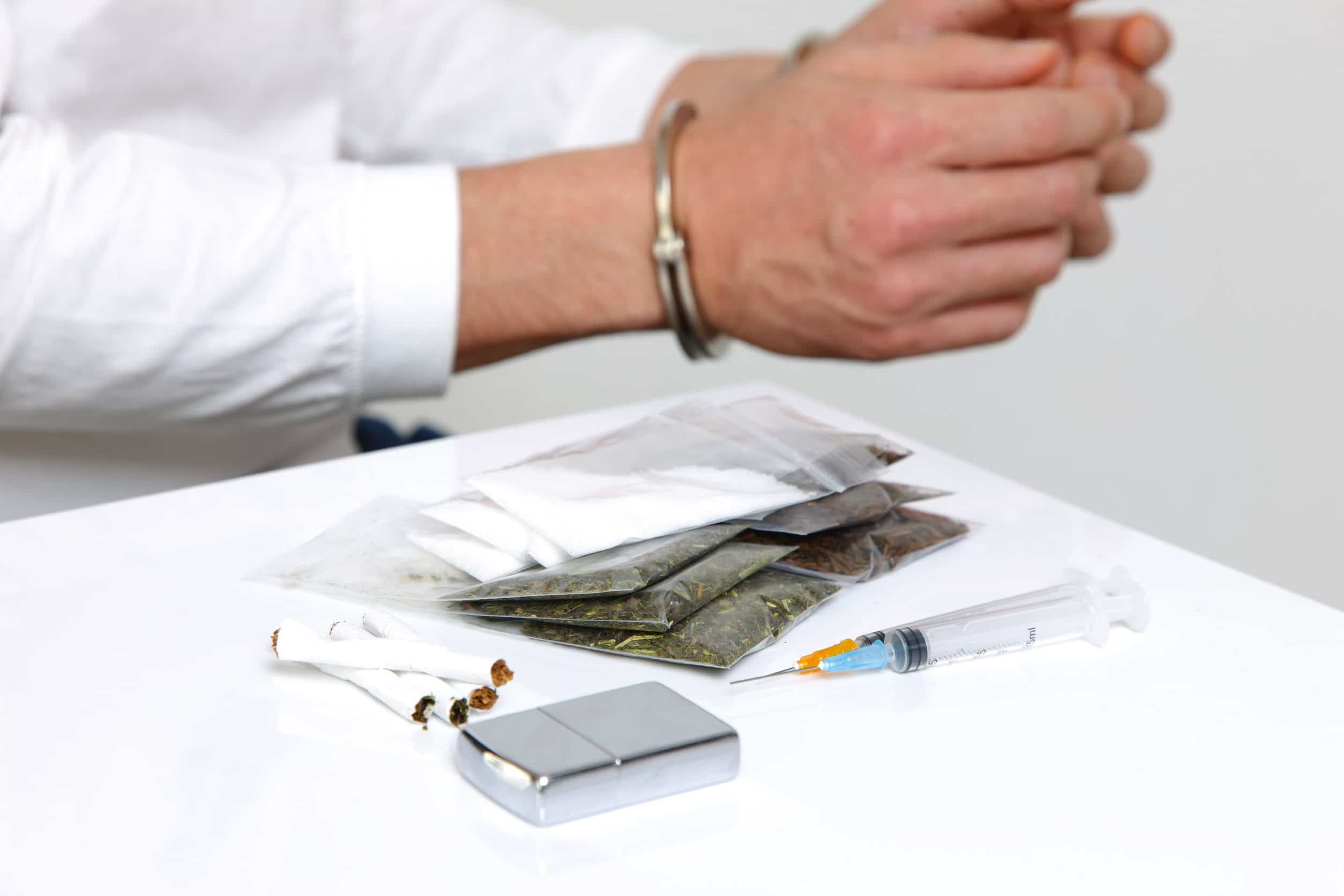How to Fight a Minnesota Drug Charge

Andrew & Poole, P.A.

Drugs are considered by the law to be a threat to society, which is why drug crimes are punished so harshly in this country. In Minnesota, someone caught with even a small amount of drugs can face serious charges that can impact their lives forever.
Here’s what you need to know about drug crimes in Minnesota and how to fight back against them if you find yourself accused.
Drug Crimes in Minnesota
There are several ways you can be charged for crimes involving drugs in Minnesota. Some of the most common drug crimes include:
- Selling drugs
- Trafficking drugs
- Distributing drugs
- Manufacturing drugs
- Conspiracy to sell/traffic/distribute drugs
- Possession of drugs
- Possession of drugs with the intent to sell
It is illegal in the state to possess or sell any controlled substances. That’s why, if you’re found with drugs, you can face serious charges with associated penalties that can be very harsh.
What Can Happen If You’re Convicted of Drug Charges?
A drug charge will begin to negatively impact your life pretty quickly after you’re arrested. You may have to spend some time in jail after the arrest, which can cause issues with your job, your family, your friends, and maybe even your living situation.
In the long-term, having a drug conviction on your criminal record can make it difficult to secure housing, employment, or even to get loans for college. That’s on top of possibly going to prison for years and being responsible for thousands of dollars in fines. This is why fighting back against drug charges is so important. Finding an experienced attorney to help is paramount to your success.
Common Defense Strategies for Drug Charges in Minnesota
There are several ways to fight back against drug charges in Minnesota. The right defense will depend on the specifics of your case, but, in general, there are several defenses people use to help fight these types of charges. They include:
Constitutional Violations
You have certain rights under the United States Constitution that must be provided by police, no matter what. One of those rights is the right to not be subject to an illegal search or seizure. That means that police cannot search your property or take anything from you without what is called “probable cause”. They have to believe you have committed or are committing a crime in order to search you, your car, or any other property. This applies if they take any of your property as well. If they didn’t have probable cause, then any evidence gathered against you may be inadmissible in court.
Violation of Miranda Rights
If you were not read your rights upon arrest, any statements you made cannot be used against you in court. Again, you have the constitutional right not to be questioned without being advised of your right to remain silent. If you were not warned of your rights, then any statements you made could be thrown out.
Entrapment

The government is not allowed to encourage, entice, or seek out a person to commit a crime. While entrapment may be an affirmative defense – signifying admission that you did commit the crime – it is still used as a defense in many drug cases.
Intent
It’s not enough to solely show that you possessed a substance. The state has to demonstrate that there was the intent behind your actions. In other words, they must prove that you knowingly possessed a drug or that you intended to sell it. If an attorney can cast reasonable doubt on your intent, that’s a solid defense.
About the Author:
A former Assistant Public Defender for the Sixth Judicial District in Duluth and former staff attorney for the Indian Legal Assistance Program, Brent R. Olson is an experienced trial lawyer who has appeared in every Courthouse in the Sixth Judicial District and taken over three dozen cases to verdict. At LaCourse, Poole & Envall, Mr. Envall focuses on family law, workers’ compensation, and criminal defense. He has a strong belief in restorative justice and helped to develop the Domestic Violence Restorative Circles program.
















